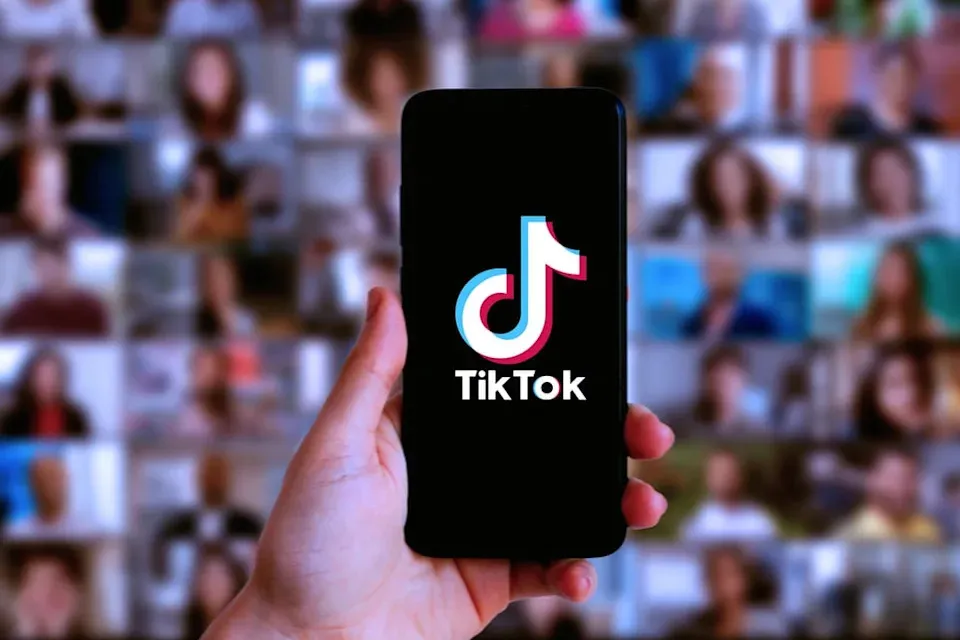The Metaverse Is Back : And Still Completely Useless
After its first spectacular flop in 2023, Silicon Valley’s favorite science-fiction project has decided to reboot itself with a straight face. Meta is releasing new headsets, investors are whispering about Web3’s rebirth, and tech journalists are once again promising that “this time, it’s different.”
But the reality is the same. The Metaverse remains the most overfunded ghost town in the digital economy. It was supposed to reinvent human connection. Instead, it reinvented awkwardness. For all the talk of immersive futures, it’s still a space where nobody wants to spend more than ten minutes.
This comeback isn’t innovation. It’s nostalgia for a fantasy that never worked.
The Metaverse: A Short History of Grand Delusion
When Mark Zuckerberg renamed Facebook as Meta in 2021, he declared the Metaverse “the next chapter of the internet.” Investors swooned. Corporations rushed to buy virtual land and sponsor digital sneakers. A Bloomberg Intelligence report predicted a $800 billion market.
Then reality arrived. Between 2022 and 2024, Meta’s Reality Labs lost over $40 billion trying to build worlds that looked like 2008 video games. The BBC politely reported that user engagement in Horizon Worlds was “lower than expected.” Translation: almost no one showed up.
Even The Economist admitted that the Metaverse “felt less like the future of work and more like a multiplayer PowerPoint presentation.” By late 2024, most companies quietly shut down their virtual stores and PR teams deleted the hashtags.
And yet, somehow, the corpse twitched.
Meta’s Revival Tour
In 2025, Meta is back with what it calls “Metaverse 2.0.” The pitch: smarter avatars, AI-generated environments, and integration with new chatbots. Bloomberg reports another $15 billion earmarked for development.
Mark Zuckerberg now calls this “the embodied internet.” It sounds philosophical until you realize it means attending virtual meetings with legless coworkers again. The problem isn’t the technology; it’s the premise. No one is asking for this.
Meta insists this time people will care. They won’t. The issue was never lag or headset weight. It was the fundamental awkwardness of pretending to exist inside software. The first Metaverse failed because it tried to make life digital. The second will fail because it hasn’t learned that lesson.
The Economics of Empty Worlds
The first crash wasn’t technological, it was psychological. People didn’t leave the Metaverse because it broke. They left because it was boring.
A Reuters survey in 2023 found that 67 percent of users described VR workspaces as “tiring or pointless.” Average session time in Meta’s virtual platforms fell below six minutes. Even gamers, the most tech-friendly audience alive, didn’t care.
Scarcity was supposed to drive value. Virtual land, NFTs, and crypto tokens would create digital economies. But scarcity doesn’t exist in infinite code. When anyone can build anything, nothing holds value.
What remains is a shiny illusion of purpose, an economy without demand, populated mostly by marketers, bots, and Meta interns.
Apple Joins the Party (Late)
Apple’s entry was supposed to make the Metaverse cool. The Vision Pro headset promised a sleek, cinematic “spatial computing” experience. It succeeded in making VR fashionable, for about a week.
At $3,499, Apple’s headset positioned the Metaverse as a luxury accessory for watching Netflix alone. The Financial Times reported that early sales were “respectable but limited.” That’s code for “people bought it for YouTube demos, not for life.”
Apple avoided the word “Metaverse” entirely, choosing to market “spatial experiences.” It’s as if the company wanted to benefit from the hype without admitting the association. When the world’s most powerful brand refuses to use your name, your revival is already doomed.
The Cultural Problem: Reality Still Works
Every tech revolution begins with a false premise. The Metaverse’s false premise is that people want to escape reality. They don’t.
For all its flaws, the real world still works better than a pixelated imitation. The BBC interviewed Gen Z users in 2025 who said they preferred technology that “enhances” real life, not replaces it. They want apps that simplify reality, not headsets that simulate it.
The Metaverse offers escapism at industrial scale, but most people aren’t trying to escape. They’re trying to connect, create, and live efficiently. The physical world delivers those things better, and with fewer charging cables.
The Virtual Office Nobody Missed
Nothing sums up the Metaverse delusion like virtual offices. Remember those floating torsos in corporate “innovation demos”? They’re back. Meta and Microsoft are again pitching holographic collaboration as the future of work.
It’s not. Reuters quoted one early tester describing VR meetings as “Zoom with vertigo.” Others found themselves distracted by digital arm gestures or connectivity lag.
The Metaverse turns work into performance art. Instead of solving workplace problems, it adds layers of latency, confusion, and nausea. Corporate leaders love the futuristic optics. Employees just want to log out.
A workplace without walls was supposed to be liberating. Instead, it’s just disorienting.
The Buzzword Economy
Every failed tech fad eventually gets rebranded. Web3 became “digital ownership.” NFTs became “collectibles.” The Metaverse is now “immersive computing.”
Bloomberg’s venture data shows that every time a new headset launches, funding for “metaverse-adjacent startups” briefly spikes before collapsing again. It’s a predictable pattern: raise capital, build hype, disappear.
The Metaverse survives because it’s a convenient placeholder for investor optimism. When AI becomes too controversial and crypto too unstable, venture capitalists dust off virtual reality and call it the next frontier. It’s less about belief and more about portfolio diversification.
In Silicon Valley, nothing truly dies, it just rebrands.
The Social Void
Even at its best, the Metaverse feels emotionally empty. It demands attention without offering connection.
Unlike social media, which thrives on passive consumption, virtual worlds require constant effort. You can’t casually exist in VR; you have to perform. That’s exhausting.
The Economist observed that “digital utopias fail not because they’re too advanced, but because they’re too demanding.” The Metaverse expects humans to act like avatars, to move, emote, and interact in ways that feel artificial.
It’s not escapism; it’s theater. And most people would rather scroll than star.
The Future That Never Arrives
The Metaverse keeps returning because it represents Silicon Valley’s favorite fantasy: that technology can fix human nature.
It can’t. No matter how advanced the graphics, people still crave authenticity, ease, and spontaneity, things that virtual spaces fail to replicate. Meta’s engineers can perfect the pixels, but they can’t program purpose.
Sure, niche uses will survive: design simulation, medical training, and gaming. But as a universal lifestyle platform, the Metaverse remains a solution in search of a problem.
The world doesn’t need another digital universe. It needs better use of the one it already has. Until then, the Metaverse will stay what it’s always been, a high-definition monument to tech’s inability to understand humanity.
Conclusion
Every decade has its overhyped idea. The Metaverse just refuses to die. It’s part fantasy, part financial instrument, and entirely unnecessary.
For now, it will keep resurfacing every few years with new buzzwords and a fresh coat of optimism. But underneath the PR gloss, it’s the same sterile promise: a digital utopia that no one asked for.
The real world, messy, unpredictable, and gloriously analog, continues to outperform its virtual counterpart. Reality doesn’t need a headset. It just needs attention.





Recent Comments